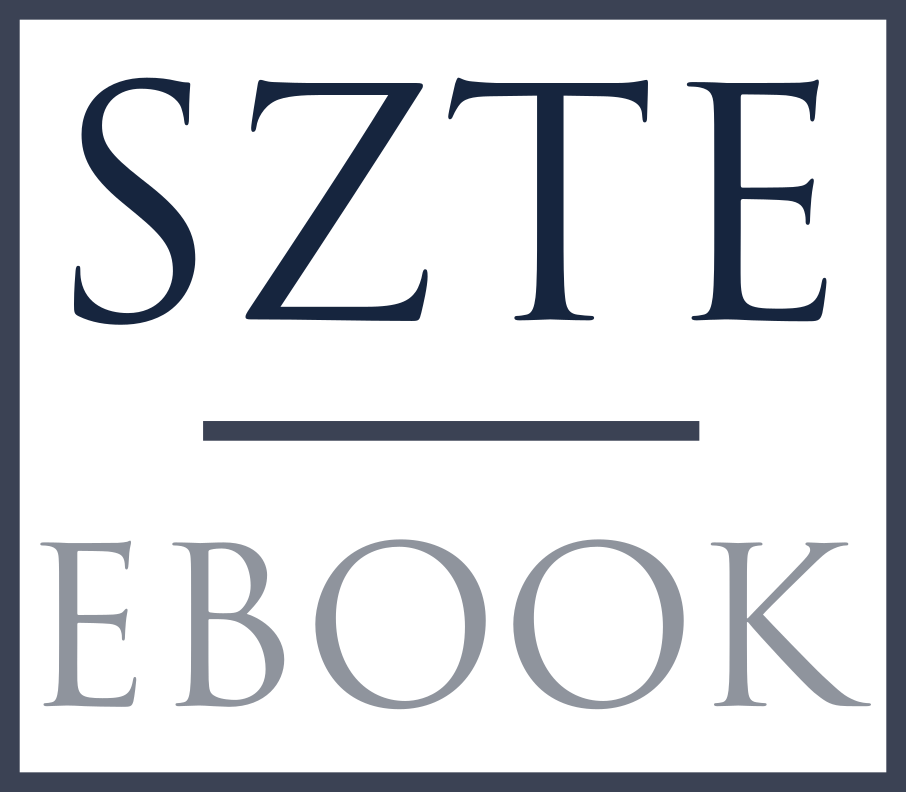Sustainability in higher education: from classroom into the world of work
Synopsis
Universities are showing increased interest in the idea of integrating sustainability in the development of educational programs and course curricula. The objective of our research is to examine how the sustainability-related competencies of students can be best developed by educational methods. In the current phase of the research, we focus on presenting the theoretical background of the research topic and review the literature on sustainability competencies and educational methods, and then formulate the conclusions and further research tasks at the end of this study. According to international sources, three categories of sustainability competencies can be distinguished: key competencies, interpersonal competencies and basic competencies. Educational methodological solutions applicable to the development of sustainability competences can be classified into three groups: universal, special and environmental education. International research results show that the work-integrated learning method (WIL) and the experiences gained as part of the studies improve students' understanding of sustainability. It will also be useful for the business sector if university graduates carry sustainability awareness, skills and values in their work and take on a role as sustainability ambassadors.
Keywords: sustainability competences, education methods, work-integrated learning


